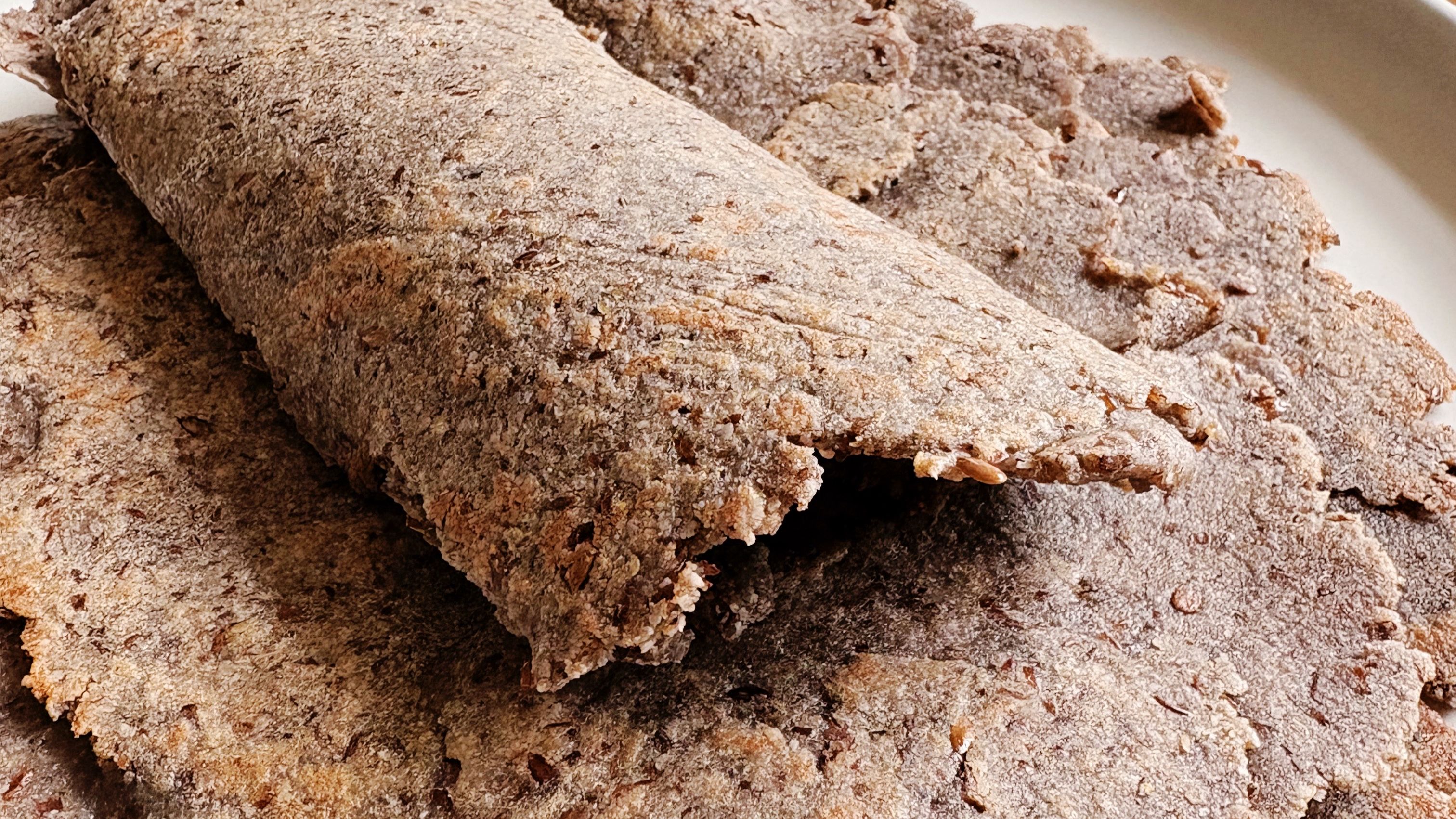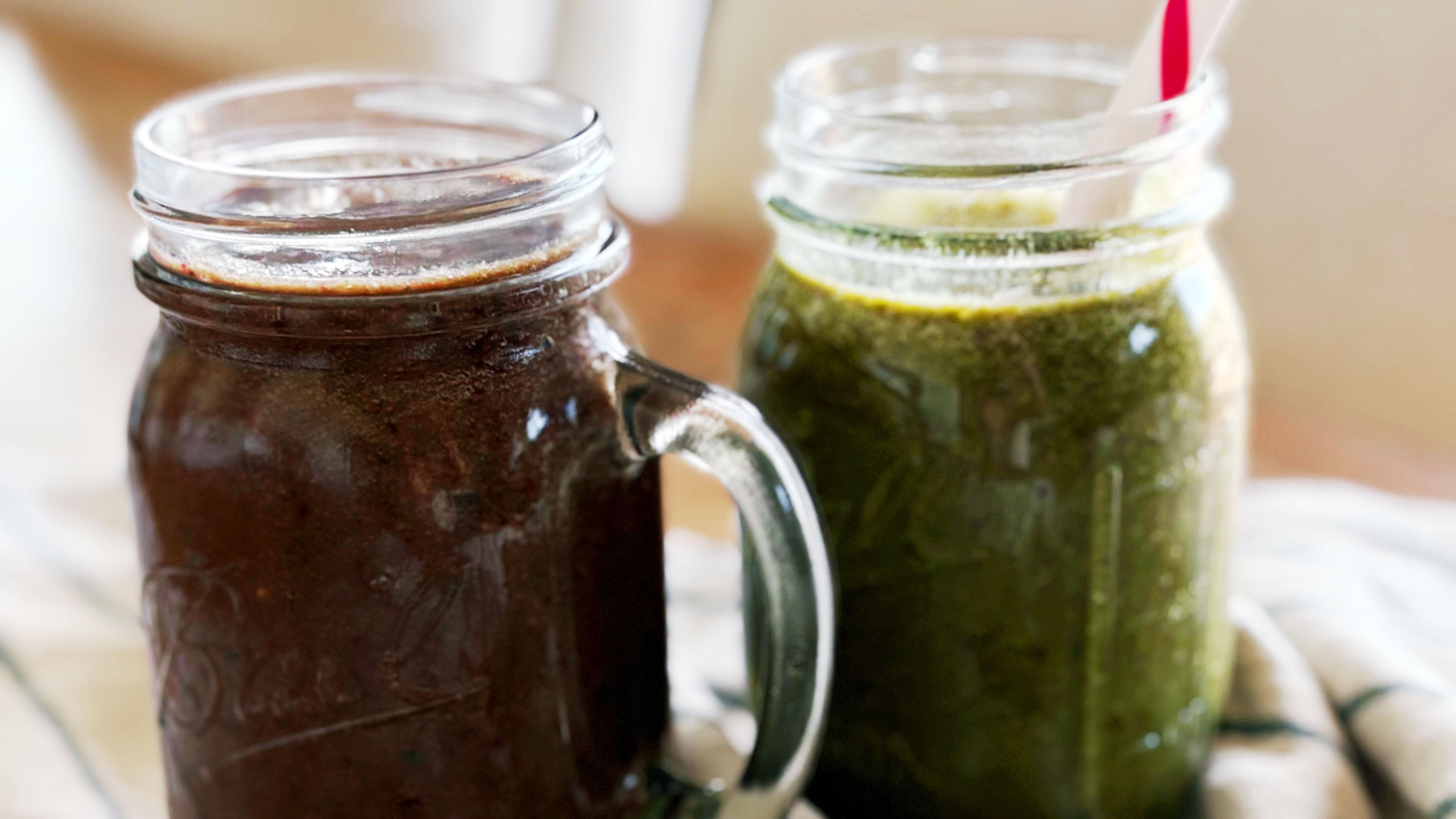Olive Oil or Avocado Oil: Which Should You Choose?
Oct 01, 2023
When it comes to cooking oils, olive oil and avocado oil often take center stage for their touted health benefits and versatility in the kitchen. Both offer distinct profiles of flavor, nutrition and cooking properties. Let me highlight the characteristics of each to help you make informed choices in your culinary endeavors.
Olive Oil:
Flavor profile
Olive oil boasts a rich, fruity flavor with varying degrees of intensity, depending on factors like the type of olives and the extraction process. Extra virgin olive oil, derived from the first pressing of olives, is known for its robust taste and high-quality nutrients.
Nutritional benefits
- Heart-Healthy Fats: Olive oil is rich in monounsaturated fats, particularly oleic acid. This type of fat is associated with reduced risk factors for heart disease.
- Antioxidants: Extra virgin olive oil is packed with potent antioxidants, such as polyphenols, which help combat inflammation and oxidative stress.
- Vitamins and Minerals: It contains vitamins E and K, as well as various trace minerals like iron and calcium.
Cooking applications
Best for low to medium heat. Extra virgin olive oil has a relatively low smoke point, making it best suited for light sautéing, dressings, marinades and drizzling over finished dishes.
Avocado Oil:
Flavor profile
Avocado oil is prized for its mild, buttery taste and smooth texture, which makes it a versatile option in various culinary applications.
Nutritional benefits
- Rich in Monounsaturated Fats: Like olive oil, avocado oil is a good source of heart-healthy monounsaturated fats, which may contribute to cardiovascular health.
- Abundant in Vitamins: It is notably high in vitamins E, K, and various B vitamins, which support skin health, blood clotting, and metabolism.
- Plant Compounds: Avocado oil contains phytosterols, plant compounds that may help lower cholesterol levels.
Cooking applications
Best for high-heat cooking: Avocado oil boasts a high smoke point, making it suitable for roasting, grilling and high-heat sautéing. Its stability under heat helps prevent the formation of harmful compounds.
How to choose the right oil:
- Flavor preference: Consider the flavor profile you desire for your dishes. Olive oil offers a distinctive, fruity taste, while avocado oil's mild flavor complements a wide range of recipes.
- Cooking temperature: For high-heat cooking methods like frying or grilling, avocado oil's high smoke point makes it a superior choice. For lower heat applications, such as salad dressings or gentle sautéing, extra virgin olive oil shines.
- Nutritional profile: Both oils provide health benefits, but if you're specifically seeking a source of vitamin E or K, avocado oil may offer slightly higher concentrations.
In the kitchen, both olive oil and avocado oil can be prized companions, each lending its unique attributes to your culinary creations. By understanding their individual strengths, you can elevate your dishes while reaping the nutritional rewards they bring to the table.
SUBSCRIBE AND WE WILL DROP SOME HEALTHY INSPIRATION IN YOUR INBOX
We hate SPAM. We will never sell your information, for any reason.







